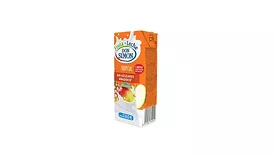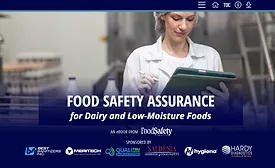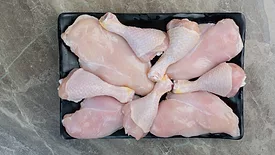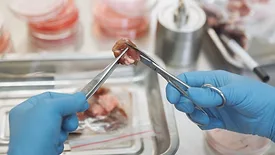Food Type
Modern Dairy Safety Concerns and Emerging Precision Fermentation for Dairy Foods and Ingredients
Developments in genetic technology have created a boom in the use and potential applications of precision fermentation
December 8, 2025
Never miss the latest news and trends driving the food safety industry
Newsletters | Website | eMagazine
JOIN TODAY!Copyright ©2026. All Rights Reserved BNP Media.
Design, CMS, Hosting & Web Development :: ePublishing











